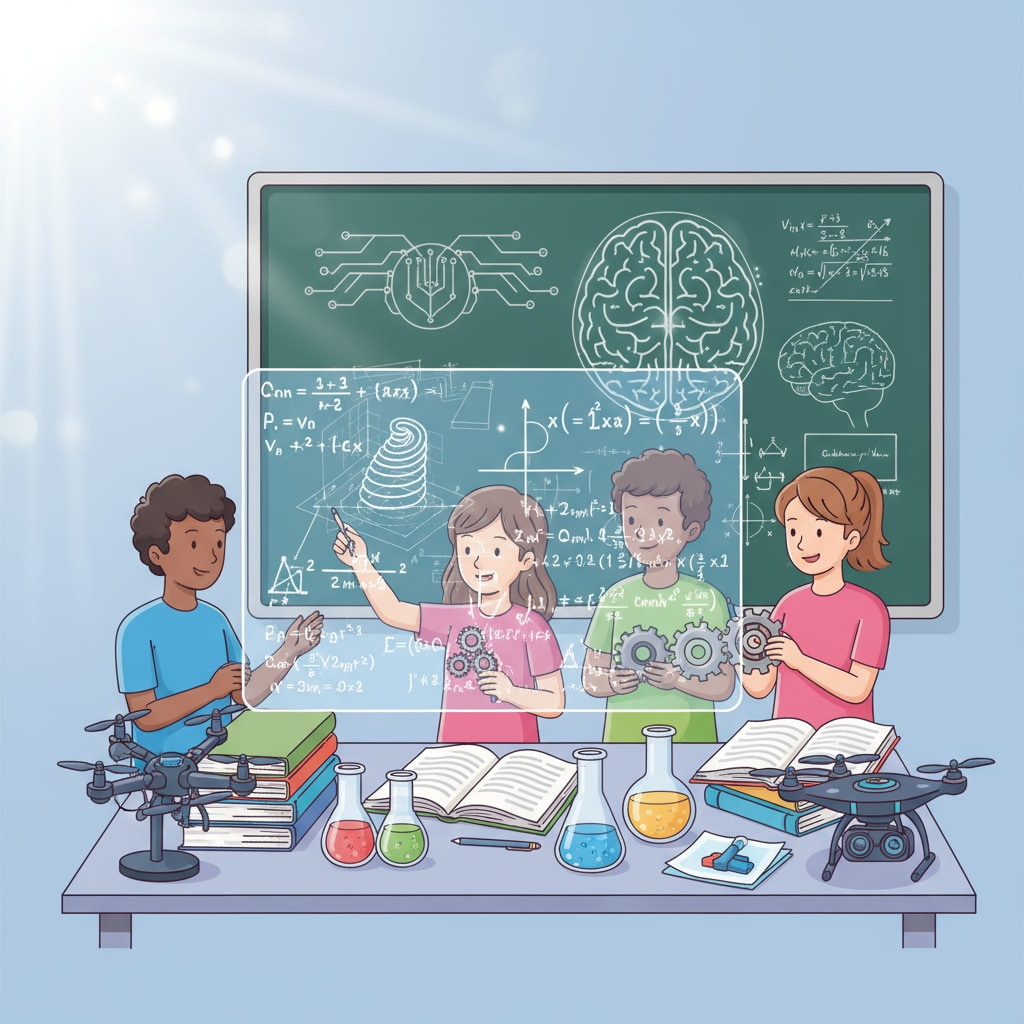Mathematics education, practicality, and advanced mathematics are topics that have sparked a lively debate, especially when considering their place in K12 education. Many students often wonder about the real-world applications of the complex mathematical concepts they are taught. Is advanced mathematics just an elaborate ornament in the K12 curriculum, or is it a necessary cornerstone for future success?

The Perceived Disconnect in Mathematics Education
One of the main issues in mathematics education is the apparent disconnect between what is taught and its practical use in daily life. For example, students spend a great deal of time learning complex calculus and linear algebra concepts. However, in their day-to-day activities, they rarely encounter situations where these advanced mathematical skills are directly applicable. As a result, many students struggle to see the value in investing so much time and effort into learning advanced mathematics.
Mathematics Education on Wikipedia
The Case for Advanced Mathematics as an Essential Foundation
On the other hand, proponents of advanced mathematics in K12 education argue that it serves as a crucial foundation for various fields. Fields such as engineering, computer science, and physics rely heavily on advanced mathematical concepts. By introducing students to these concepts early on, they are better prepared to pursue higher education and careers in these technical areas. Additionally, learning advanced mathematics helps develop critical thinking, problem-solving, and logical reasoning skills, which are valuable in any profession.

Moreover, as the world becomes more technology-driven, the demand for individuals with strong mathematical skills is on the rise. Even in non-technical fields, such as finance and data analysis, a solid understanding of advanced mathematics can provide a competitive edge. Therefore, it can be argued that advanced mathematics is not just about solving equations but also about equipping students with the mental tools to succeed in a rapidly evolving world.
Readability guidance: As we’ve seen, the debate about the role of advanced mathematics in K12 education is complex. There are valid points on both sides. Moving forward, it’s essential to find a balance that meets the needs of all students. Perhaps a more tailored approach to mathematics education, where students can choose to focus on practical applications or advanced theoretical concepts based on their interests and career goals, could be the way forward. This would ensure that mathematics education is both relevant and engaging for students, preparing them for a wide range of future opportunities.


